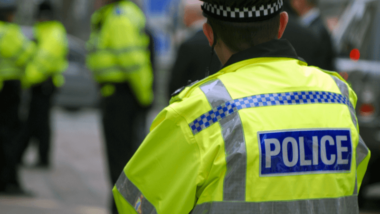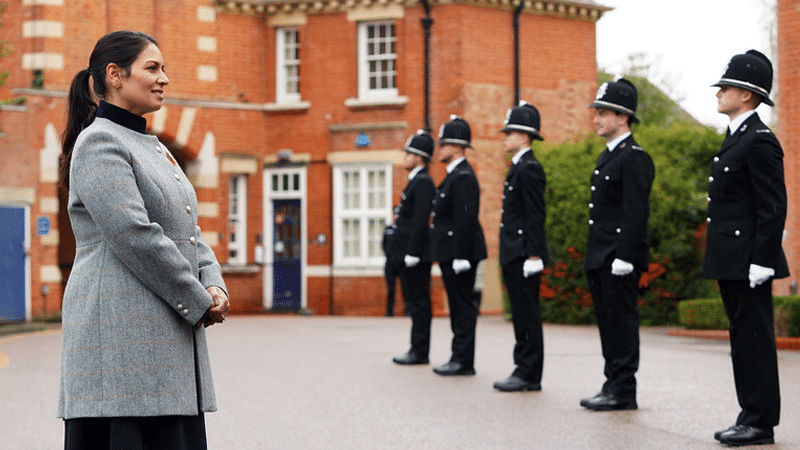The Home Secretary has called for an investigation into the way the police record ‘non-crime hate incidents’ (NCHIs).
Currently, College of Policing rules state that when someone claims they have been a victim of hatred, officers must keep a record against the name of the accused person even where no crime was actually committed. This can take place without any investigation of the claims.
But Patel is concerned that the policy is stifling free speech and punishing people unfairly.
‘Chilling effect’
A Home Office source, reported in The Sunday Telegraph, said: “These so-called ‘non-crime hate incidents’ have a chilling effect on free speech and potentially stop people expressing views legally and legitimately.
“If people are found to have done nothing wrong, the police shouldn’t punish them.”
Last month, a Freedom of Information response revealed that 120,000 such incidents had been recorded by the police in England and Wales since 2014.If people are found to have done nothing wrong, the police shouldn’t punish them
Accusations can show up if prospective employers carry out enhanced DBS checks, despite no crime having occurred.
Robust debate
In its editorial The Times said: “The police are there to protect life and property, preserve the peace, prevent crime and bring offenders to justice.
“They are not there to get involved in legitimate political debate between members of the public”.
“That debate will sometimes take place in robust terms. The rudest participants may not be the most persuasive, and may not endear themselves to the rest of the public. That does not mean it is appropriate for the state to step in and tar them with the language of hate crime on records that could affect their future employment prospects.”
‘Assault on freedom’
Harry Miller of Fair Cop, an organisation which opposes hate crime legislation, welcomed the review.
In 2020, a High Court ruling criticised the police for interfering with the campaigner’s right to oppose transgender ideology online.
Miller called the guidance “an assault on freedom”.
No evidence
He continued “It requires the police to remove the presumption of innocence and generate records without the need for evidence, let alone proof.”
“We call on the Home Secretary to withdraw the Guidance, close down The College, and let the public reclaim a police service that is content with upholding the law.”
Earlier this year, a report published by the Free Speech Union highlighted the “highly subjective” nature of recording NCHIs and accused the College of Policing of imposing “stricter limits on free speech than Parliament”.

Girl challenges College of Policing over guidance on ‘hate incidents’
Now Scot Police under fire for logging ‘non-crime’ hate cases
CPS pulls hate-crime guidance after legal challenge
Thinking you’ve been excluded counts as ‘hate crime’ says CPS

